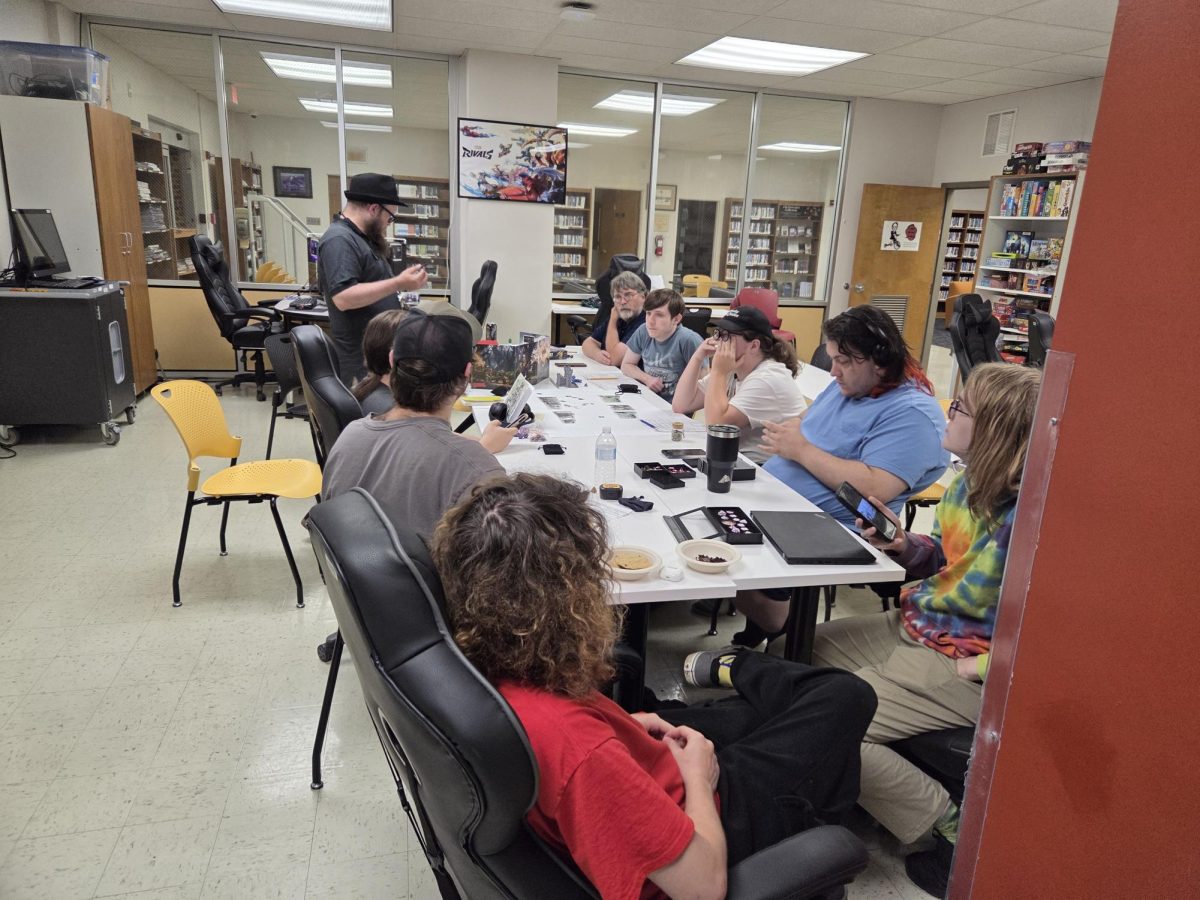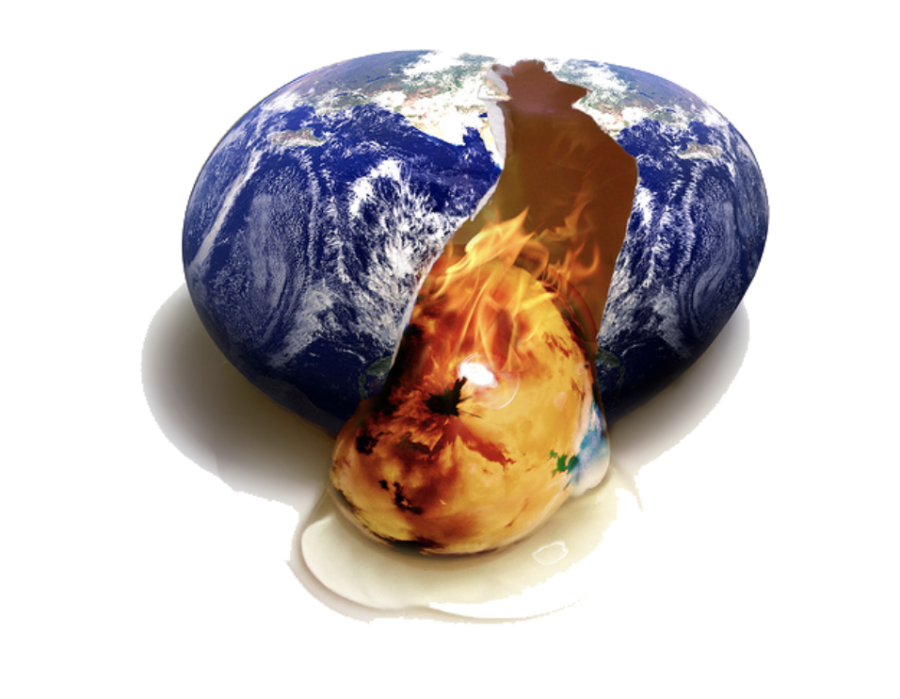Editorial: Climate Change Affects Us All
February 20, 2023
Recently, on the front page of the New York Times there was an article entitled Climate Pledges Are Falling Short, and a Chaotic Future Looks More Like Reality. This article discusses a report from the United Nations which explains how last year 193 countries agreed to work on policies within their nations that will help the environment and regulate climate change.
Only 26 of the 193 have taken any steps in that direction since the meeting.
The report states that:
“Without drastic reductions in greenhouse gas emissions, the planet is on track to warm by an average of 2.1 to 2.9 degrees Celius, compared with pre industrial levels, by 2100.”
The goal set by the Paris Climate Agreement in 2015 is 1.5 degrees Celsius.
This level of warming will have catastrophic consequences for the future of our planet, cause unpredictable climate-related events—such as droughts, flooding, hurricanes, and wildfires—and potentially decimate the human race. This topic has broad significance for all of our futures. And yet, globally the issue of climate change is either shifted to the wayside or treated as a tool for political gain.
The article explains that other many of the nations who participated in the aforementioned agreement have become distracted by other issues and chosen to allow those issues to take precedent over climate issues, stating that:
“War in Europe, an international energy crisis, global inflation, and political turmoil in countries like Britain and Brazil have distracted leaders and complicated cooperative efforts to tackle climate change.”
This article shows how much danger our planet is in, and how much our leaders don’t prioritize that issue.
There are important issues happening that have immediate disastrous and deadly consequences, and of course, they ought to be recognized and addressed. However, climate change is one issue where there is such fierce denial that it is staggering.
This is our planet. Our future. Our children’s futures. What do we stand for if we’re so selfish that we don’t care about future generations?
Despite this, climate change issues are very often politicized and used as a tool to divide voters along party lines, especially in America. It is presented as a radical issue, something perpetuated by this nation’s more liberal party, and turns the two parties against each other.
Those who do fight for climate change are very often ostracized, treated as if there is something wrong with them. We stand poised to inherit a world that’s falling apart, with limited time to try to fix. And there is no support, as in the case of Greta Thunberg.
When she first started advocating for climate change, Thunberg was only fifteen, trying to make the world a better place for those who live in it, and she was mercilessly criticized and mocked by adults, including former president Donald Trump. The younger generations are being forced to fight for the future and to undo a mess they didn’t create, and are mocked by it.
There are many issues that are politicized or that represent the ideological beliefs of one party more than the other. But climate change is not one of them.
This is not a generational problem. We all live here, we’re all connected to one another, and this is something that involves all of us.
We believe that climate change is not a political talking point, but rather an issue that ought to take extreme precedence among all of us. All people, all nations, all political parties and the leaders who represent them and their bases ought to care about climate change because it is a human problem, not a political problem.
This is something that should be talked about everywhere, all of the time. Everyone can make a difference.
























